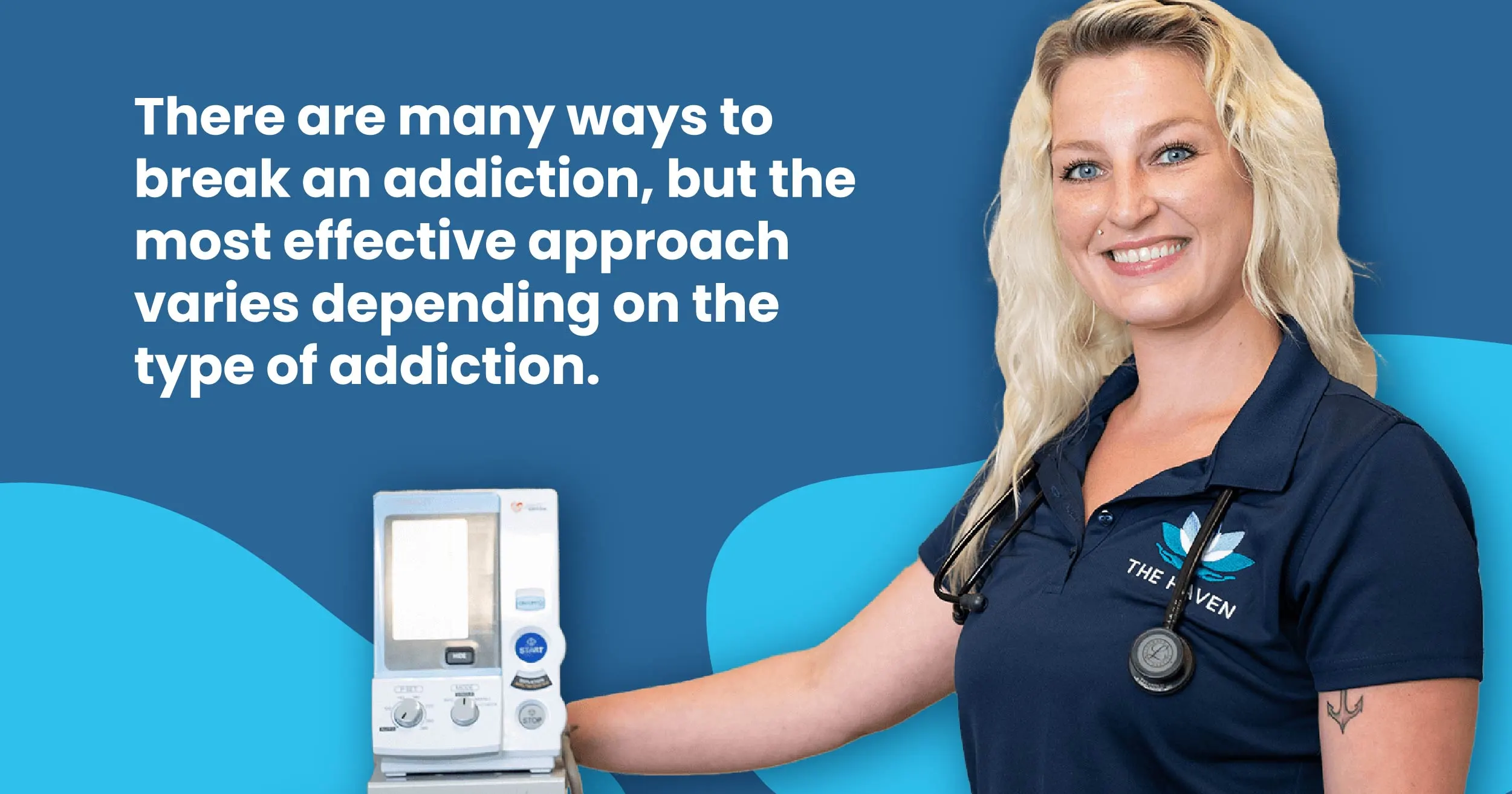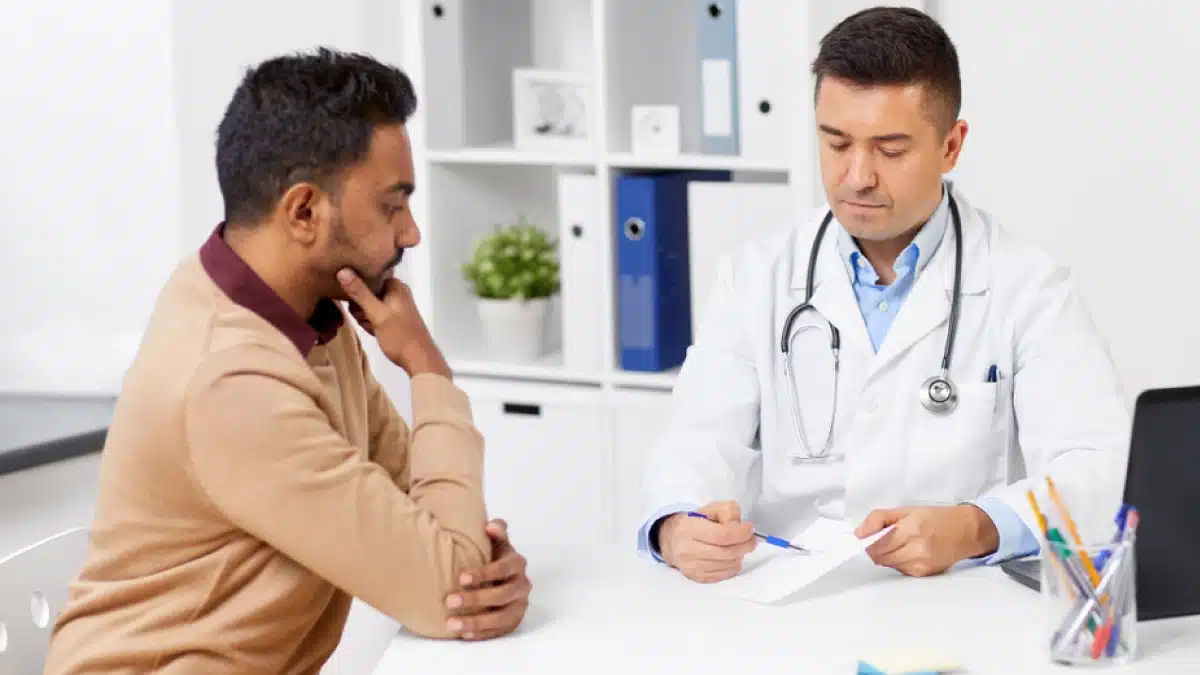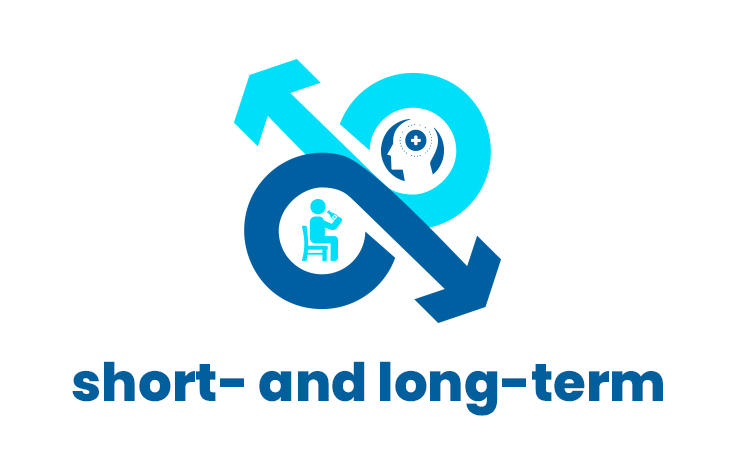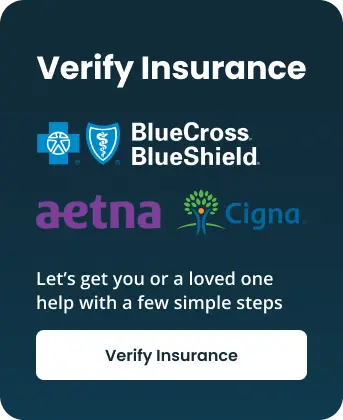The struggle with addiction is real. It’s not easy to break an addiction, but it is possible! If you’re struggling with an addiction, you must inform your healthcare professional of your progress.
Learn the basics of breaking an addiction and find helpful strategies to overcome negative thoughts about yourself and your situation. Here are some tips and resources to help you take the first steps in breaking an addiction.
Key Takeaways
There are many ways to break an addiction, but the most effective approach varies depending on the type of addiction.
- Some methods can be as simple as committing to a set amount of time without using drugs or alcohol, while others may require professional help.
- One of the most effective approaches is usually a combination of behavioral therapy and medication.
- Behavioral therapy can help addicts learn how to deal with cravings and manage their emotions around drug use.
- Medication can help addicts to overcome their addiction by restoring dopamine levels in their brains.
You can get effective addiction treatment at The Haven Detox-South Florida in a residential setting. Call us now at (561) 328–8627.
7 Steps to Break an Addiction
Addiction is a difficult habit to break. It can be easy to blame others for your addiction, but the truth is that addiction causes mental health disorders.
Addiction affects your thoughts, feelings, and overall health.
If you are struggling with an addiction, it is important to remember that there is hope. Research says addiction can be broken with the help of a qualified professional. Here are some steps to help you break an addiction.
Identify The Addiction
There are many steps you can take to break your addiction. The first step is to identify your addiction. If you’re struggling with alcohol abuse or drug addiction, say it out loud. Once you know what your addiction is, you can start understanding how it affects your life.
If you’re struggling with any other drug addiction, identify the dangerous side effects of that addiction and the negative consequences to your life.
Studies show some clues that will help you identify your addiction. If you find that you’re using drugs or alcohol more than usual, for example, it may be an indication that you have a substance abuse problem.
Once you have identified your addiction, it’s time to start working on breaking the habit.
Identify and Avoid Triggers
Addictions are triggered by certain activities or situations that activate the brain’s reward system. The neurotransmitter dopamine is released when the addict takes drugs or engages in other addictive behaviors, leading to a sense of pleasure and relief.
This process is often repeated until the addict reaches a “breakpoint,” at which point they may experience cravings for more drugs or alcohol. It is crucial to identify and avoid these triggers.
Some common addiction triggers include:
- Spending time with friends who are using drugs.
- Emotional stressors, such as relationship problems or financial strains.
- Seeing drug paraphernalia or people who are intoxicated.
- Perceived challenges in quitting drug use.
Identify the activity or situation that triggers your addiction, and avoid it as much as possible. You can avoid activities by doing the following steps:
- Set small goals for yourself, such as limiting how much you drink to two glasses of wine a night or going for a walk instead of watching television.
- Talk to someone about your addiction, whether it’s a friend, family member, therapist, or interventionist.
- Seek out self-help resources, such as books, online articles, or support groups affiliated with 12-step programs.
- Take care of your physical health by eating healthy and exercising regularly. This will also help keep your mind clear and focused.
Make Lifestyle Changes
Changing your lifestyle can be challenging, but breaking the addiction pattern is essential. You may need to reduce or eliminate alcohol or drug use, change eating habits, or find other ways to cope with stressors that trigger cravings.
Once you have identified the behavior that needs to change, take actionable steps. This means setting realistic goals and making sure that you stick to them.
Set Goals for Recovery
Setting goals and plans for recovery is an important step in overcoming addiction. It can help you stay on track and make progress toward your goals. There are many ways to set goals and plans for recovery, and it is important to find what works best for you.
Some people prefer to write down their goals and plans. This can help keep them organized and focused. It is important to find a method that works best for you.
It is also important to set realistic and long-term goals. If you set too high of a goal, it may be impossible to reach. Instead, set goals that are challenging but still possible to achieve. This will help you stay motivated throughout the recovery process.
Plans can include specific goals such as going to therapy once a week, abstaining from drugs and alcohol for a certain period, or attending Alcoholics Anonymous or Narcotics Anonymous meetings.
Finally, it is important to plan when things get tough. Having a plan will help you avoid mistakes and stay on track. You should also be prepared to change your plan if necessary. This will keep you from getting discouraged and give you a sense of control during recovery.
Develop Healthy Coping Skills
People with addictions often struggle with stress, anxiety, and other life challenges. This can make it difficult to break the addiction. However, there are ways to develop healthy coping skills to help you break your addiction.
One way to cope is to recognize that addiction is a disease. Addiction is a medical condition that requires medical treatment. It is not something that you can overcome on your own.
Another way to cope is to develop a support system. Talk to people who understand what you are going through. They can provide encouragement and support during the recovery process.
Finally, find activities that you enjoy outside of your addiction. Doing things that make you happy will help take your mind off your addiction.
Exercise Regularly
Exercise has been proven to be one of the most effective ways to break your addiction to cigarettes, alcohol, drugs, and other harmful substances.
According to the Centers for Disease Control and Prevention (CDC), people who exercise regularly are less likely to develop obesity, heart disease, stroke, type II diabetes, and some types of cancer.
Regular exercise can also improve your mood and reduce stress levels, which can help you break your addiction.
Yoga has been shown to be effective in breaking addiction. Exercise releases endorphins, hormones that reduce inflammation and pain and improve mood. Yoga also has anti-inflammatory properties, which can help break the addiction cycle.
Take Control of Your Addiction
There is no single answer to overcoming addiction, as the best approach for any individual depends on their unique history and situation. However, some general principles can be used to create a drug-free environment that is likely more effective in overcoming addiction.
One key principle is that addicts must feel firm control over their lives to overcome addiction.
This means creating conditions where addicts have a lot of input into their own lives, can make choices independently, and feel like they have a meaningful purpose in life. This can be done through therapy, counseling, self-help groups, and sponsorship programs.

Avoid Relapse
If you have an addiction to a substance, it’s important to remember that relapse is common. Relapse can happen anytime, even if you’re feeling good about yourself. The best way to avoid relapse is to have a plan in place.
There is no one-size-fits-all approach to preventing relapse, but having a plan in place and supportive friends and family members can be incredibly helpful. Some tips for avoiding relapse include:
- Keeping a journal. Write down what you do daily, including what substances you use and how much. This will help you track your progress and identify any patterns leading to relapse.
- Celebrating small victories. When you make progress in your recovery, celebrate it! This will help keep you motivated and on track.
- Finding support groups. Group meetings can provide a sense of community and support, which can be crucial for overcoming addiction.
- Avoiding temptations. Try to avoid places where temptation is likely to be strong, such as bars or casinos. If you are in those situations, be prepared to resist the urge to drink or gamble.
Seek Professional Help
When grappling with addiction, it is important to seek professional help or support. There are many different types of counseling services and therapy programs available at The Haven Detox. Our professional doctors are here to help you overcome your addictive behavior.
The best way to find the right program for you is to speak with our counselor or therapist, who can assess your current situation and provide recommendations based on your unique needs.
Some effective treatment programs to treat addiction or overcome withdrawal symptoms are:
- Medications
- Inpatient treatment
- Outpatient treatment
No two addicts are alike, so finding the right program will require a lot of exploration. However, getting proper treatment is the main step in overcoming addiction to substance use disorders.
Seek Counseling and Therapy Programs
If you’re uncomfortable talking about your addiction, seeking counseling and therapy may be a good option. Counseling can provide support while helping you learn how to handle cravings and manage stress better.
Therapy can also help you explore the root of your addiction and develop coping skills.
The most effective therapy programs are:
- Family therapy
- Behavioral therapy
- Talk therapy (Counseling)
Frequently Asked Questions (FAQ)
How do you start breaking an addiction?
There is no easy or one-size-fits-all answer to this question, as the best way to break an addiction will vary depending on the individual and their specific situation. However, some general tips can help start the process.
First, it is important to realize that addiction is a disease, not a character flaw. Breaking an addiction requires taking responsibility for your health and well-being.
If you are struggling with an addiction, it is important to seek assistance from a professional therapist or counselor who can help you understand and manage your condition. Secondly, it is important to be realistic about how long it will take to overcome an addiction.
Can you ever break an addiction?
Breaking an addiction is a difficult and often long process. In most cases, it takes many dedicated months or even years of hard work and perseverance to overcome an addiction. Several factors can make overcoming an addiction harder, including:
A preoccupation with the addiction that overrides all else in the addict’s life.
Low self-esteem or self-worth due to the addiction.
Sense of powerlessness or hopelessness surrounding the addiction.
Challenging behaviors or thoughts associated with the addiction are extremely difficult to change or break free from.
If you or someone you know is struggling with an addiction, please do not hesitate to seek professional help.
What are the 3 rules of addiction?
Addiction is a disease that can affect anyone, but it’s more common in people exposed to drugs and alcohol in their families. Addiction is a serious problem; it can be hard to tell when someone is struggling.
Here are three rules to keep in mind when it comes to addiction in the family:
Don’t ignore signs that someone is struggling. If you see any changes in your loved one’s behavior or mood, talk to them about it.
Be supportive but honest. It can be tough to watch someone you love struggle with an addiction, but you must remain supportive and honest about what you see.
Talk about addiction openly. No one knows exactly how addiction works, so there is a lot of misunderstanding.
Seek Professional Help from The Haven Detox-South Florida
If you seek professional help to break or overcome addiction, consider seeking help from the Haven Detox-South Florida. Our team of experts is dedicated to helping individuals get the support they need to recover from addiction.
We offer various holistic services that combine counseling, therapy, and support groups to help individuals build a comprehensive recovery plan. Our team can provide guidance and support through each step of the detoxification treatment and recovery process. We also offer a residential treatment program and effective cognitive behavioral therapy for your long-term recovery.
We understand that relapse is common, so we offer relapse prevention resources and support groups tailored specifically to recovering addicts in our treatment center.
If you are interested in getting more information about our programs or seeking help, please get in touch with us today. We would be happy to discuss our options with you and answer any questions you may have.
Call us at (561) 328–8627.












